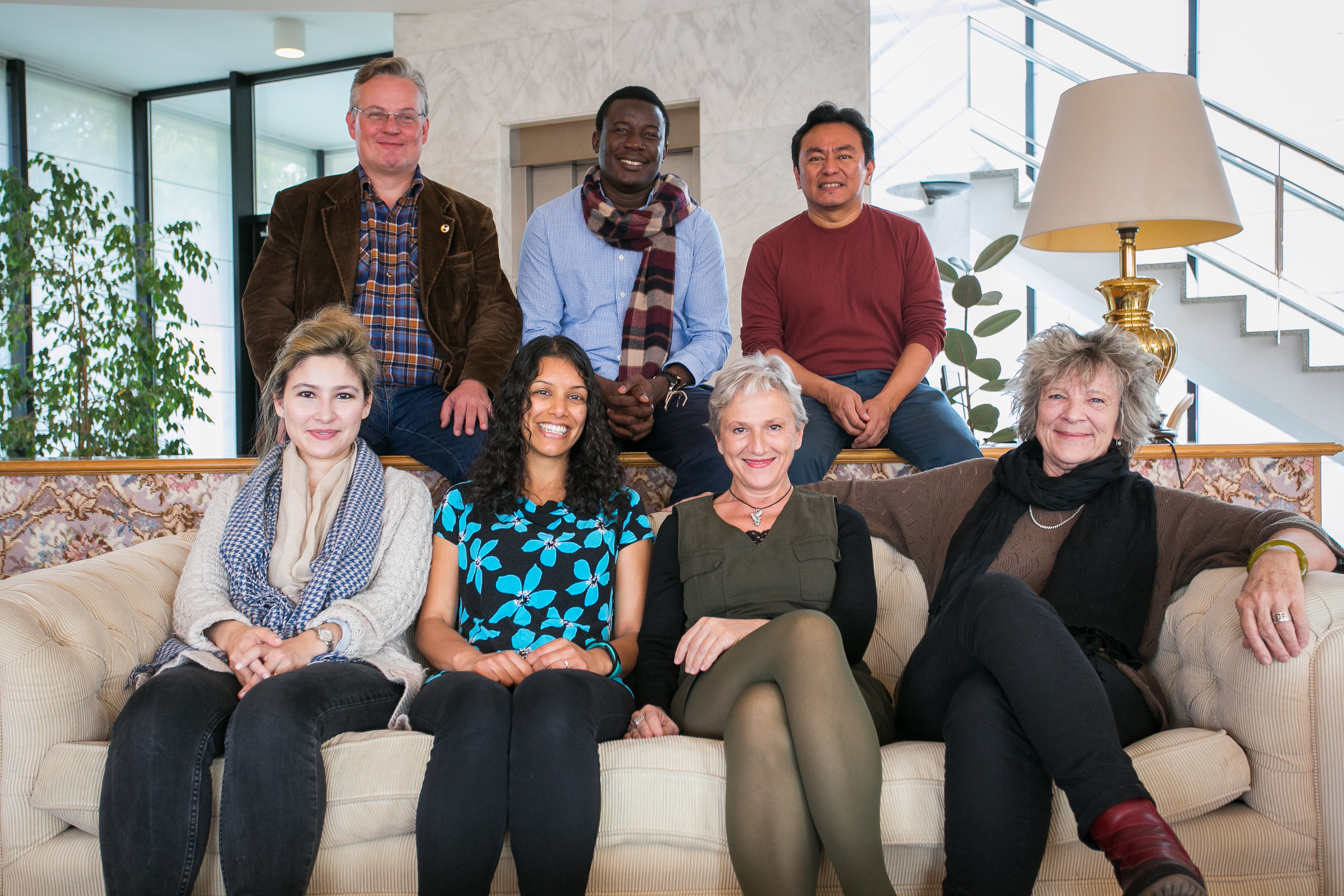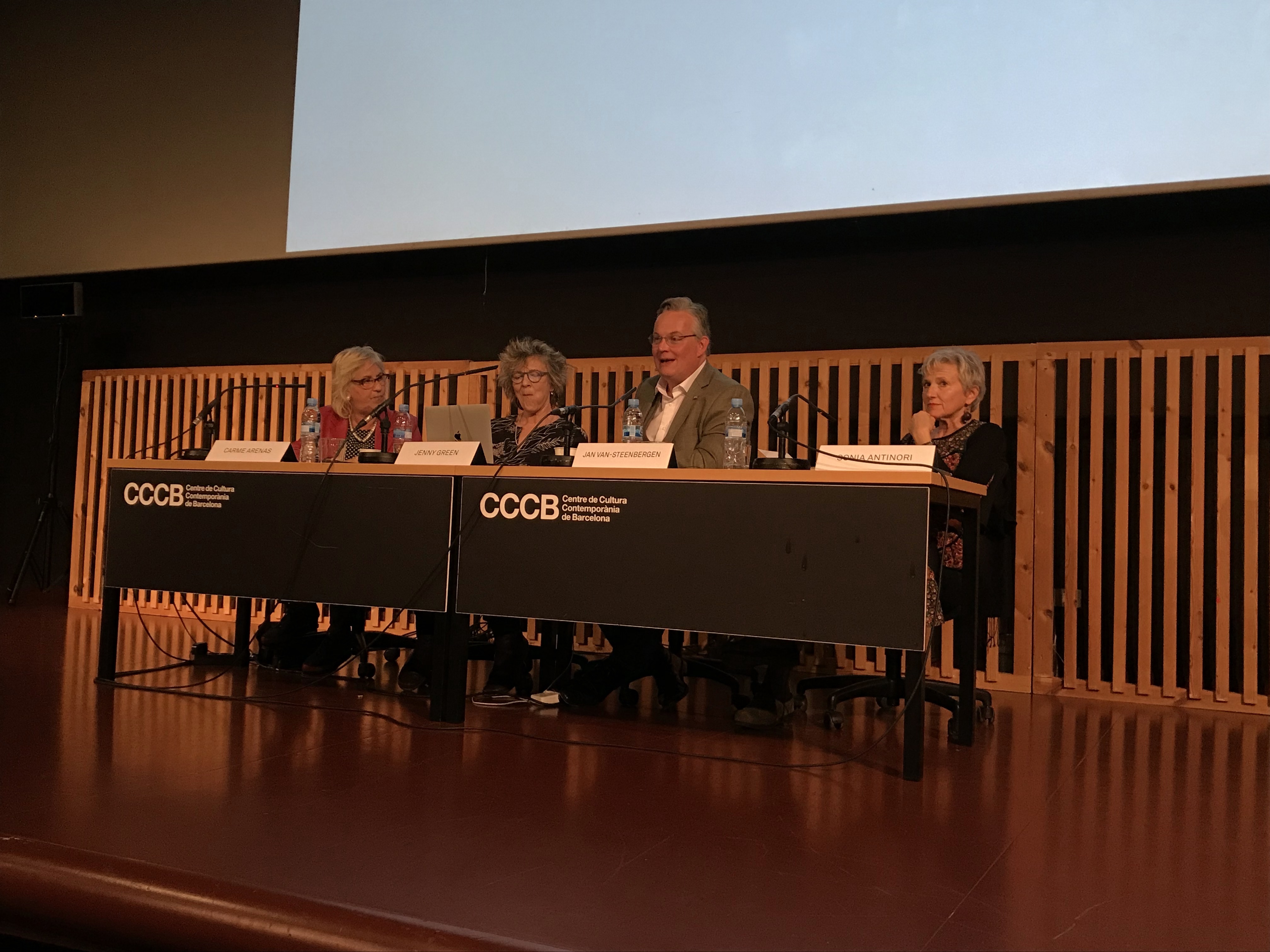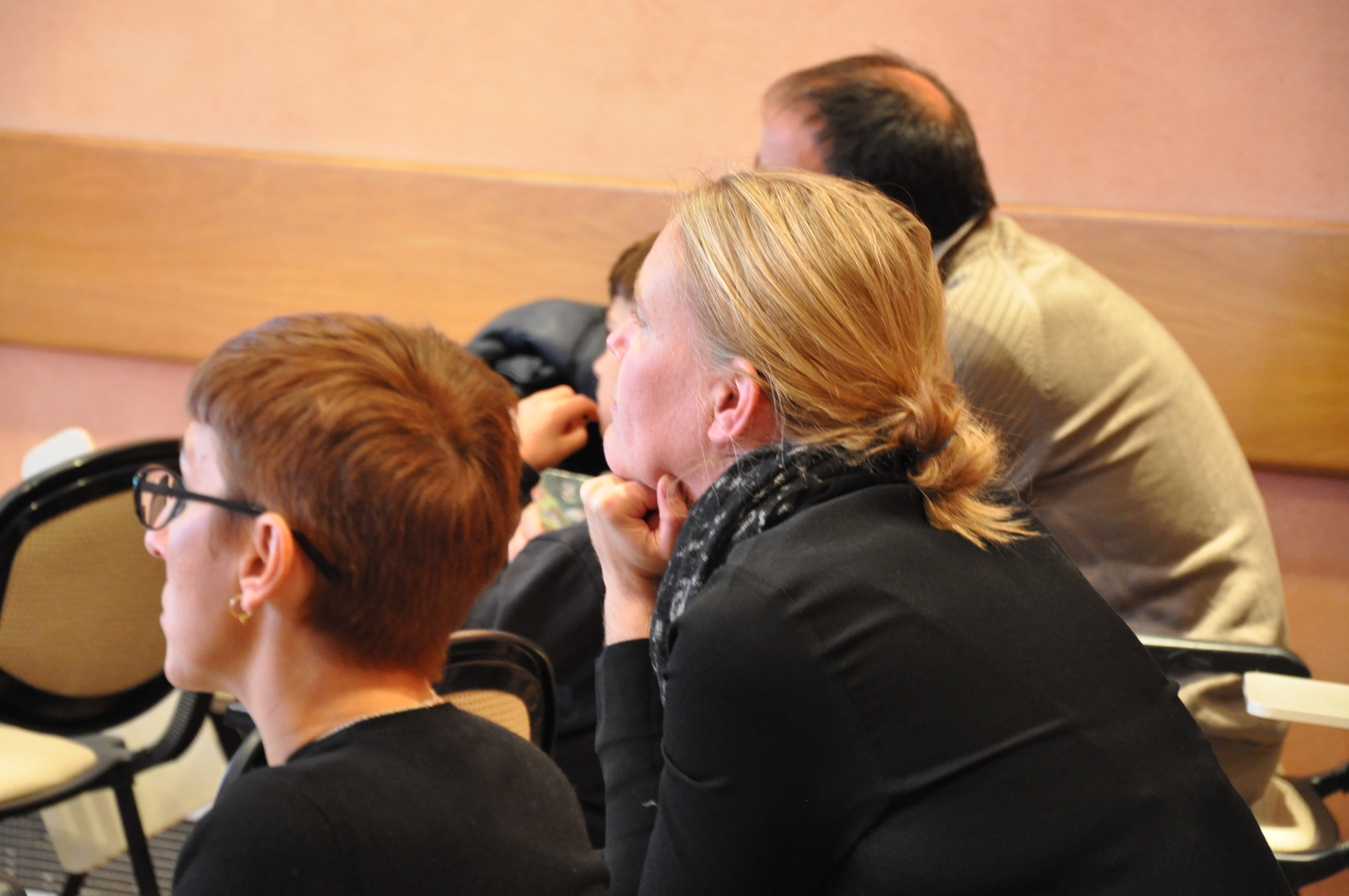Collective residencies / Olot
LINGUISTIC DIVERSITY
From Monday, 12 November 2018 to Monday, 19 November 2018
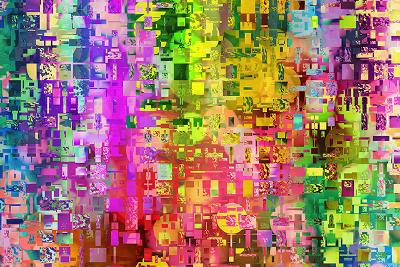
Languages, worlds and action
Languages evoke all manner of passion. From the intellectual elation of the linguist who sets out to describe a language whose grammar has not yet been formally ordered. To the visceral creativity of the wordsmith, a living engine of art and emotion. To the tenacious curiosity of so many amateur students of linguistic diversity, one of the richest and most challenging forms of human diversity.
But what does this linguistic diversity, this driver of cultural diversity, really include? It is not merely language as presented in grammars, dictionaries and textbooks for the purpose of “learning a language”. Linguistic diversity also includes the various means by which the cognitive system filters sensory disorder and channels the world that reaches us: The very arrangement of space, time, number – different perspectives of human action, and of the very concept of person. Moreover, it characterises the interrelationship between language, body and mind (spirit) that accords to each culture, the multiple ways of relating language with identity, and also the conception of communication and even conversation. In short, linguistic diversity includes every facet of human imagination and interaction with the planet, that upon which humans live and co-create.
How can all this untapped potential of linguistic diversity for knowledge and creation be put to use? How can it be rendered as a productive source for our collective imagination or for our social and political creativity?
There is a fascination surrounding the worlds that create languages and the languages that create worlds in eye of the beholder. Therein we discover a literal manifestation of the reciprocal construction of worlds and languages, as found in Klingon, Na’vi, Dothraki, and others. The fact that languages create unique worlds should not come as news to the people and organizations around the world who work to preserve and revitalize languages, languages whose ethos is historically rooted in human communities. The reactivation of languages, big or small, is a motor of contemporary culture, not a fragment of some fossilized past. A whole capital of knowledge and wealth of human relationality disappears every time a language dies. Meantime, the planet’s major cities are reanimated as observatories of human communication and language – environments of high linguistic and cultural diversity.
We would like to deal with all these theoretical, critical and creative questions during the course of the residency, “Languages, Worlds and Action”. FABER is proud to present this initiative in collaboration with LINGUAPAX, a Barcelona based organisation in oficial partnership with UNESCO (consultative status) working for linguistic diversity around the world. The initiative aims to address the scope and the potential of linguistic diversity by bringing together activists in the defence of cultural and linguistic diversity, linguists and anthropologists, theorists and verbal artists.
Residents
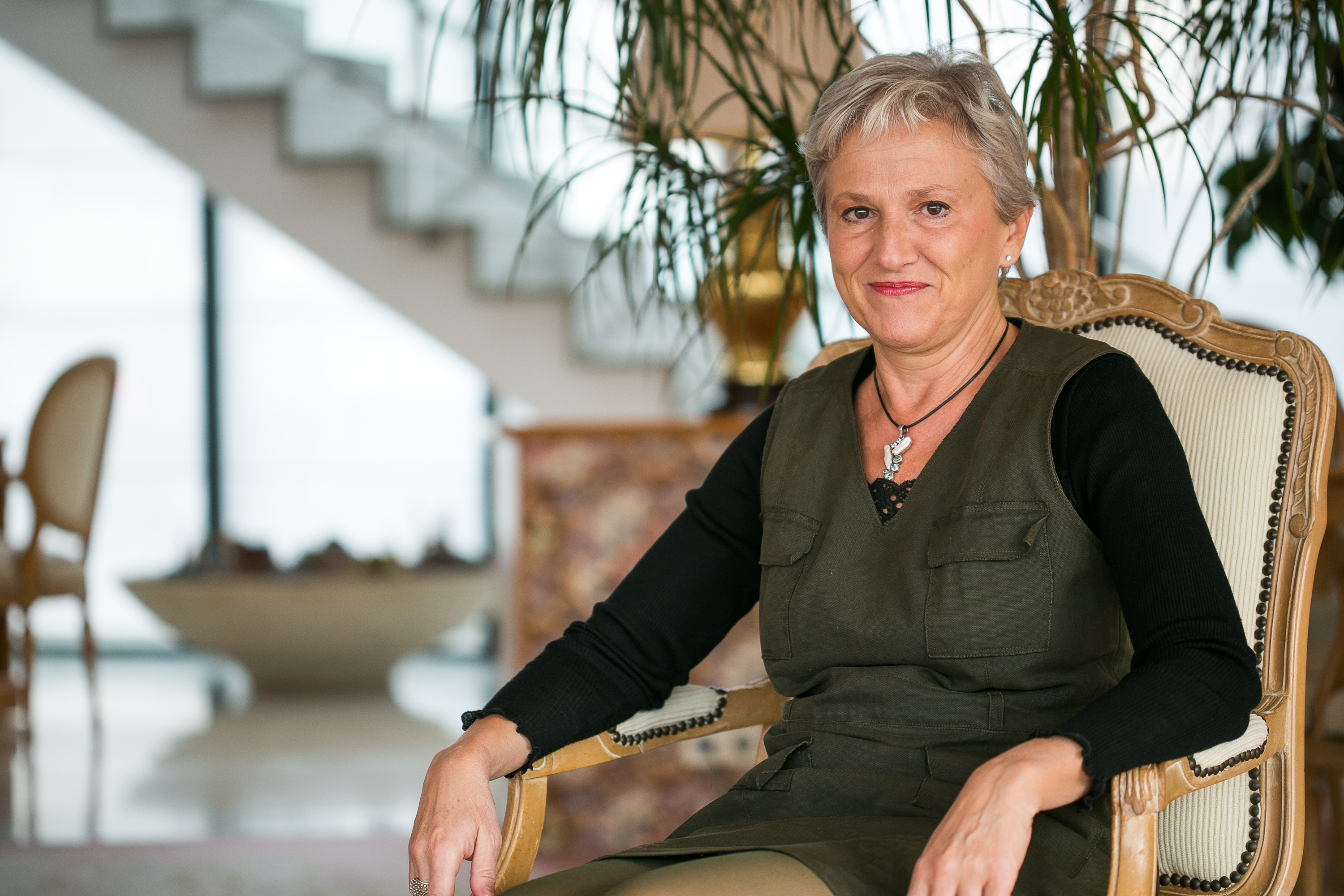
SONIA ANTINORI
Theatre Actress, Author and Director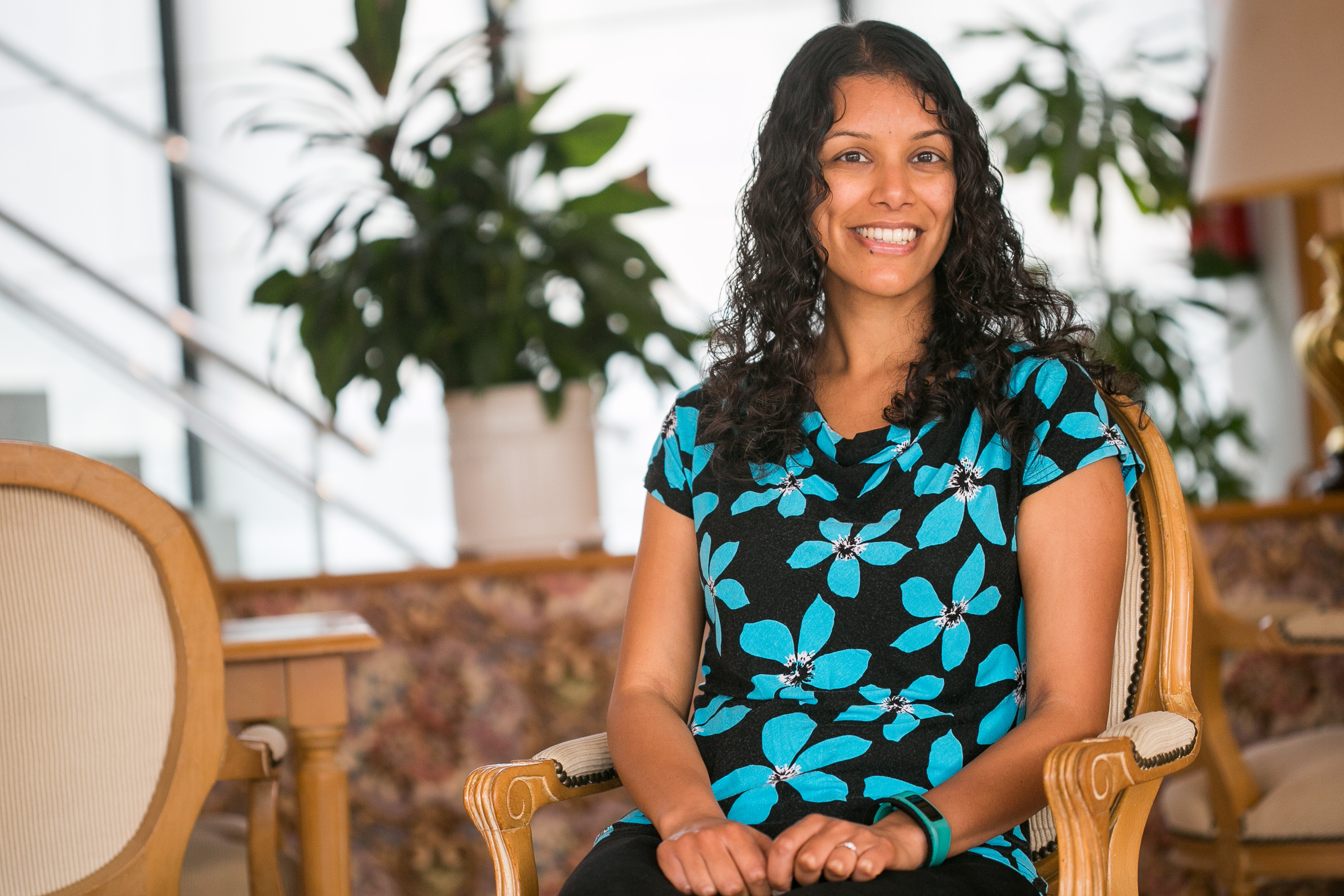
SHEENA SHAH
Humboldt Research Fellow at the University of Hamburg
KỌ́LÁ TÚBỌ̀SÚN
Writer and linguist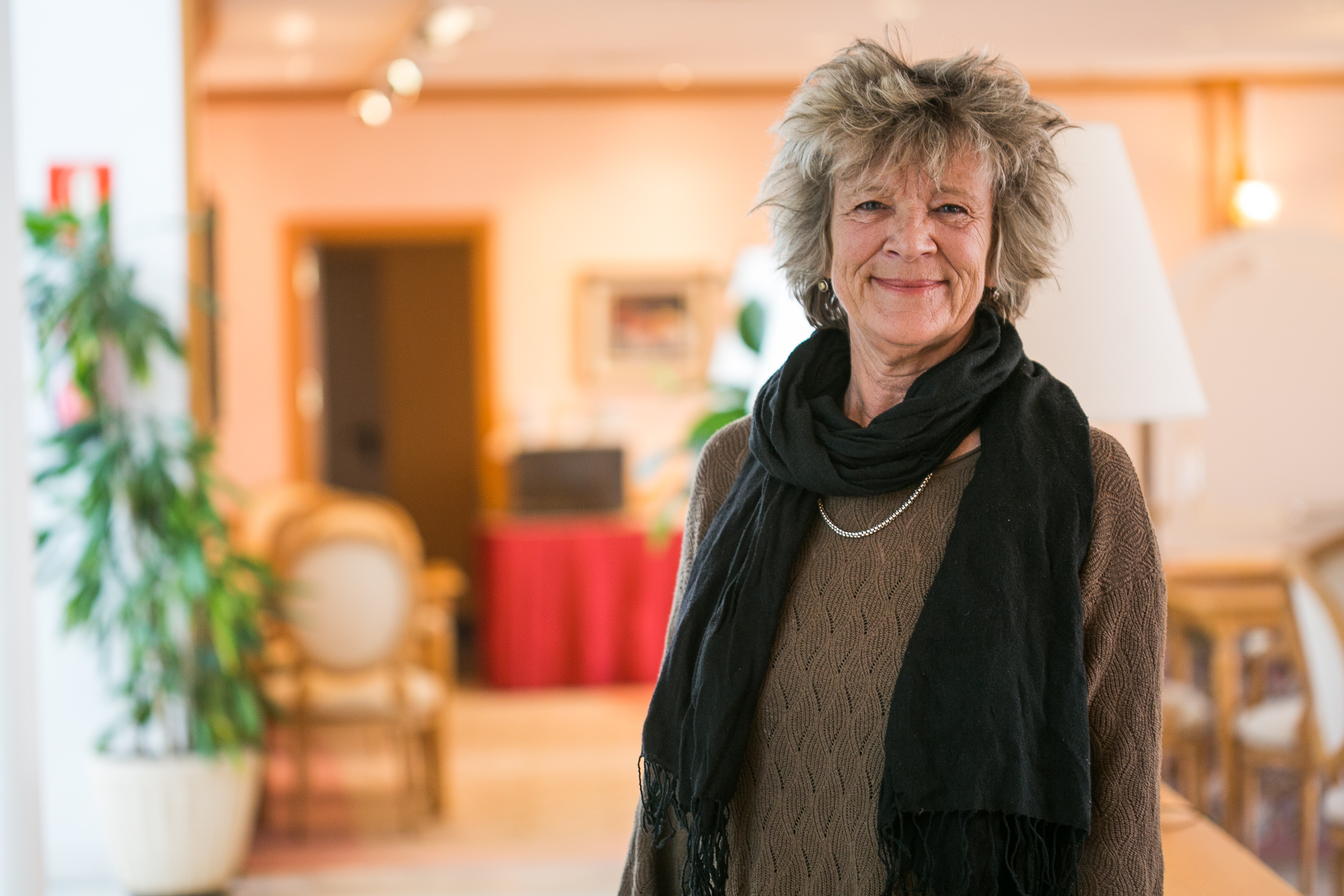
JENNIFER GREEN
Linguist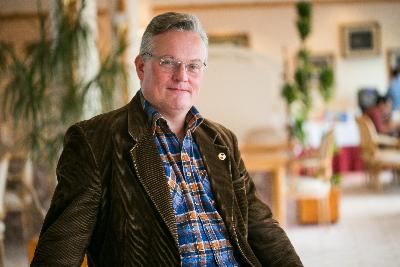
JOHANNES HENDRIK VAN STEENBERGEN
Translator and Interpreter Polish/Dutch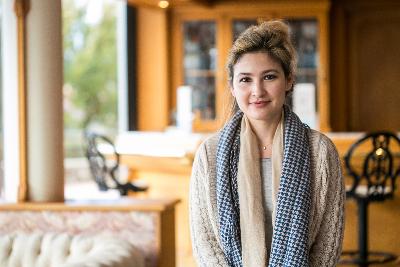
INKY GIBBENS
CEO & Founder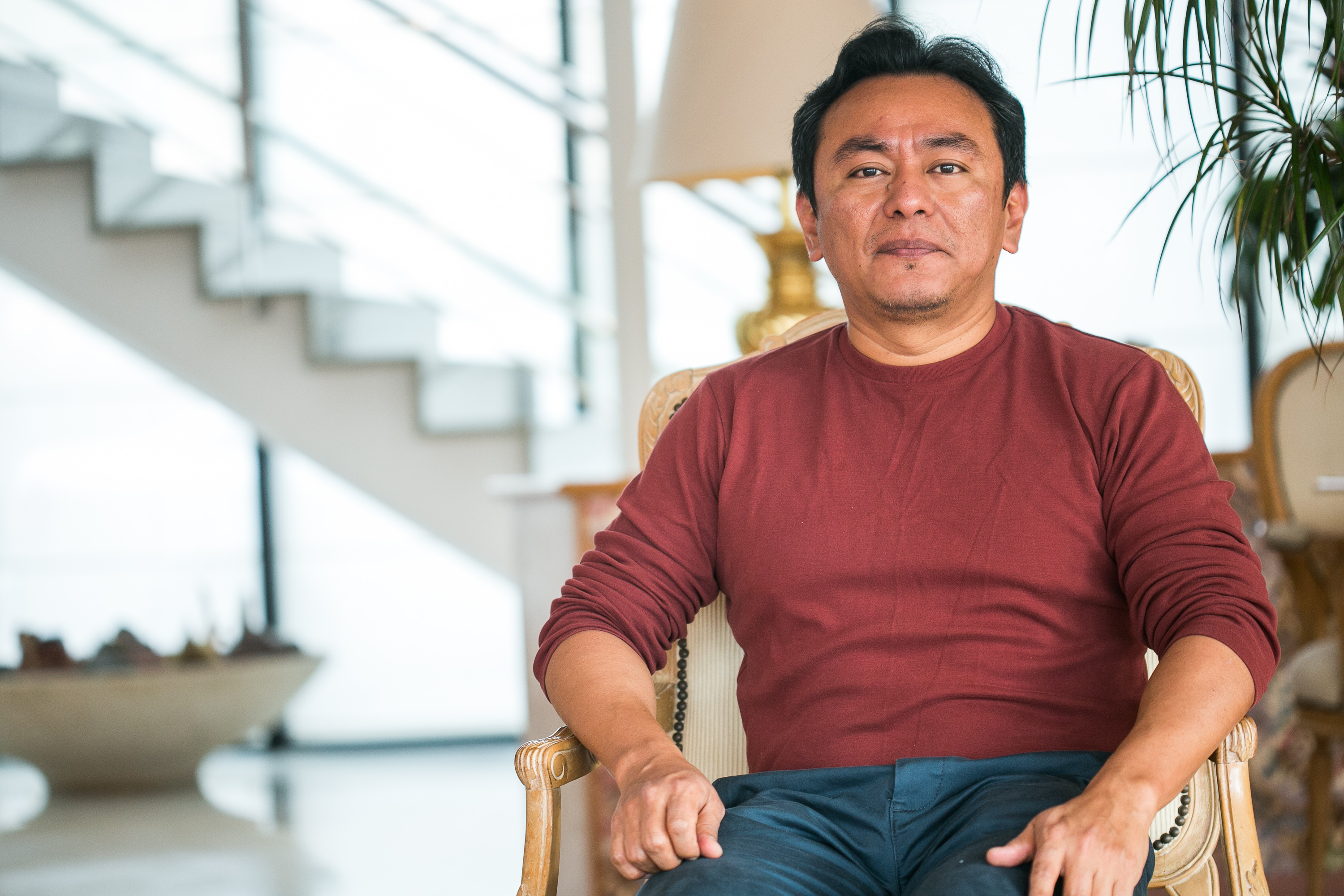
GENNER LLANES-ORTIZ
Assistant professor, Heritage of Indigenous Peoples. Leiden University, The NetherlandsOpinions
What residents are saying about us

